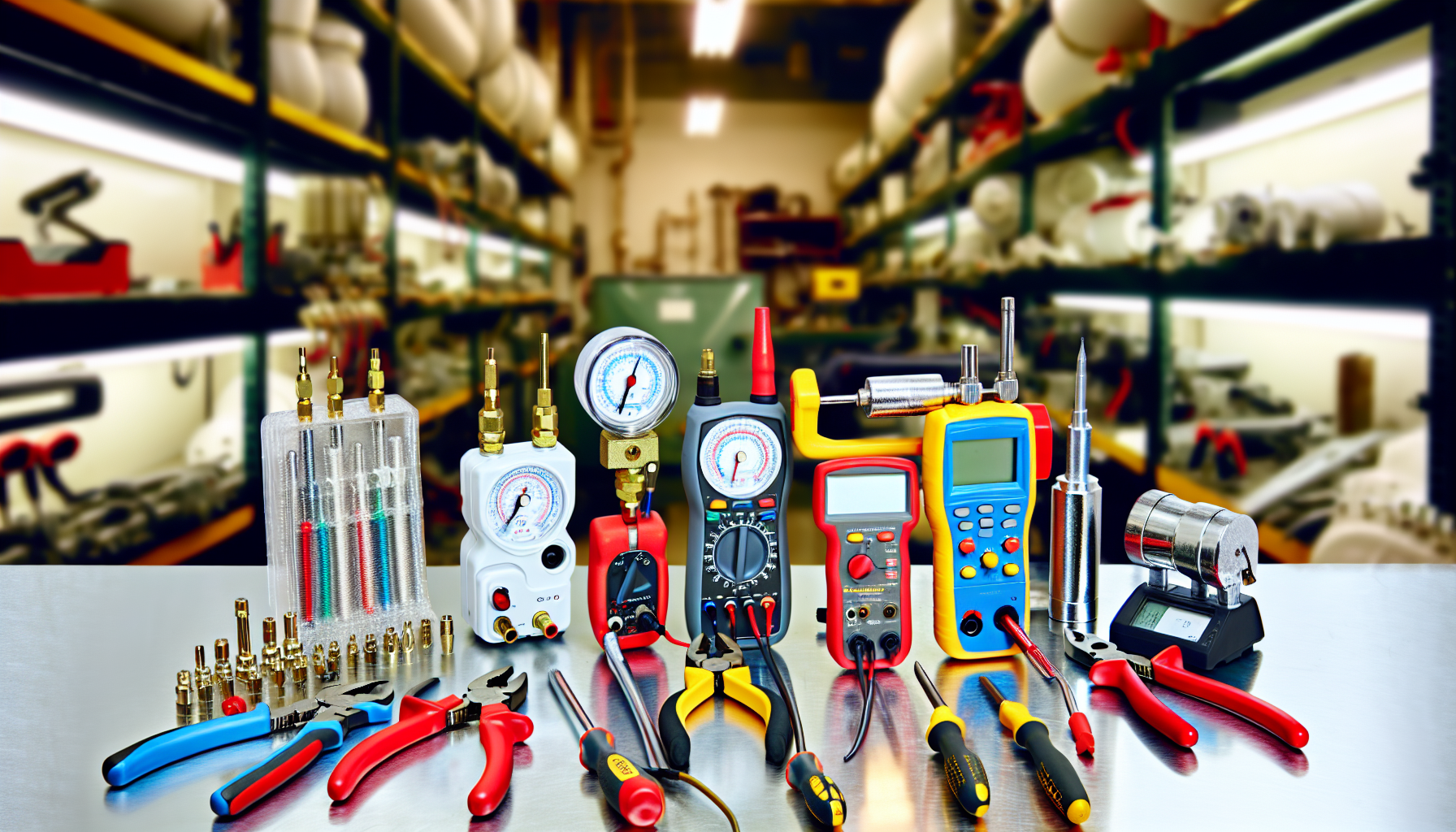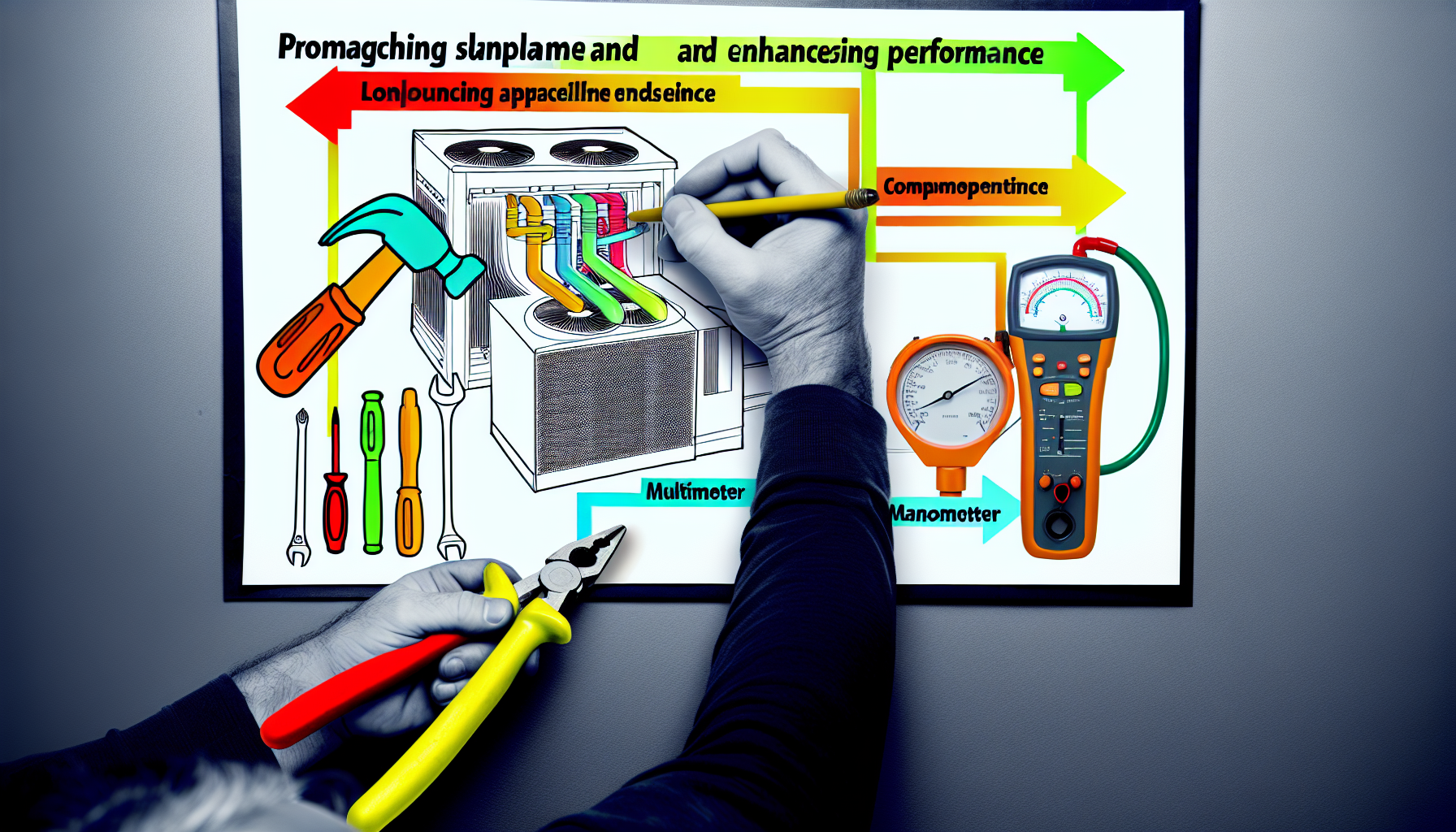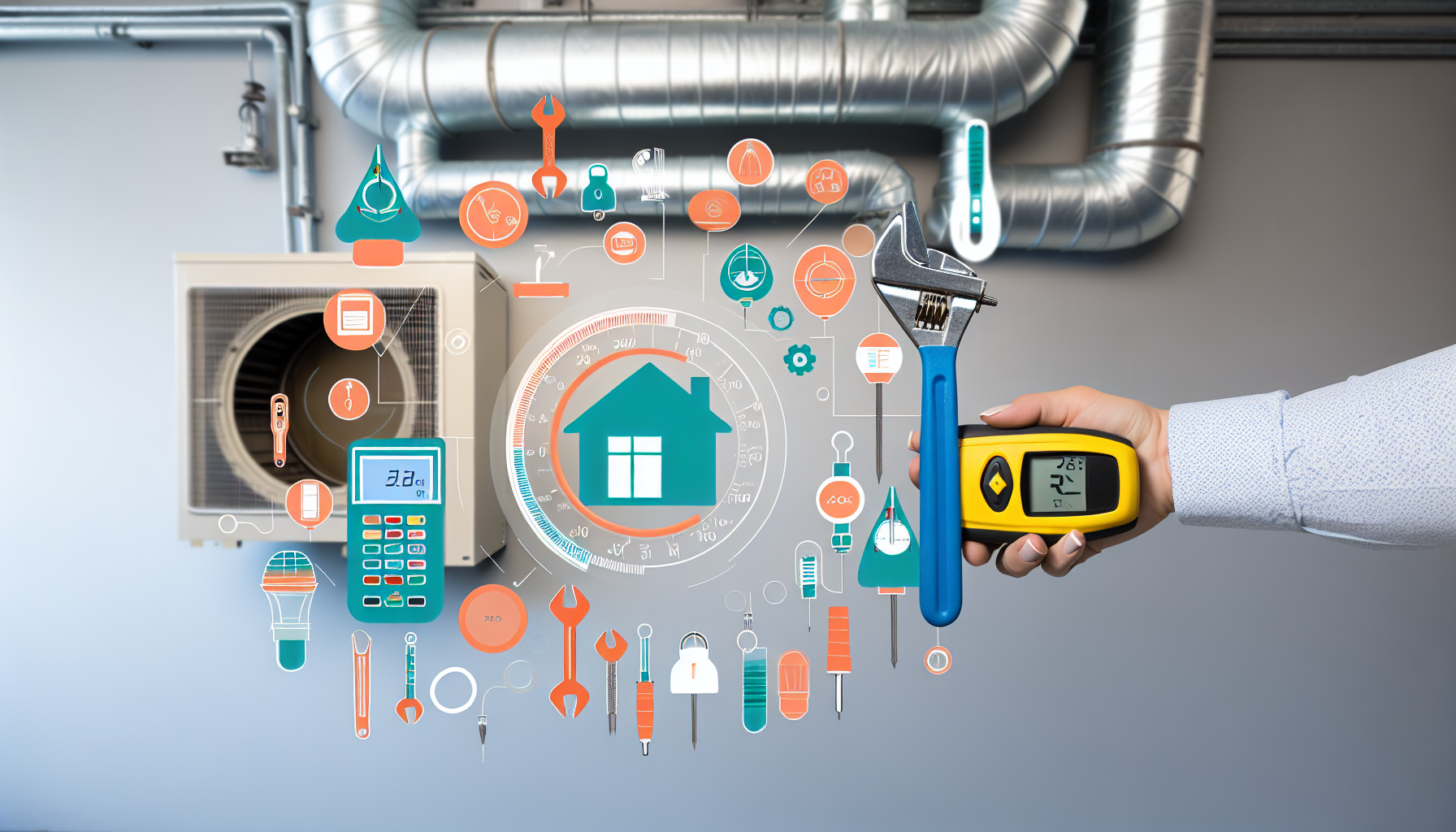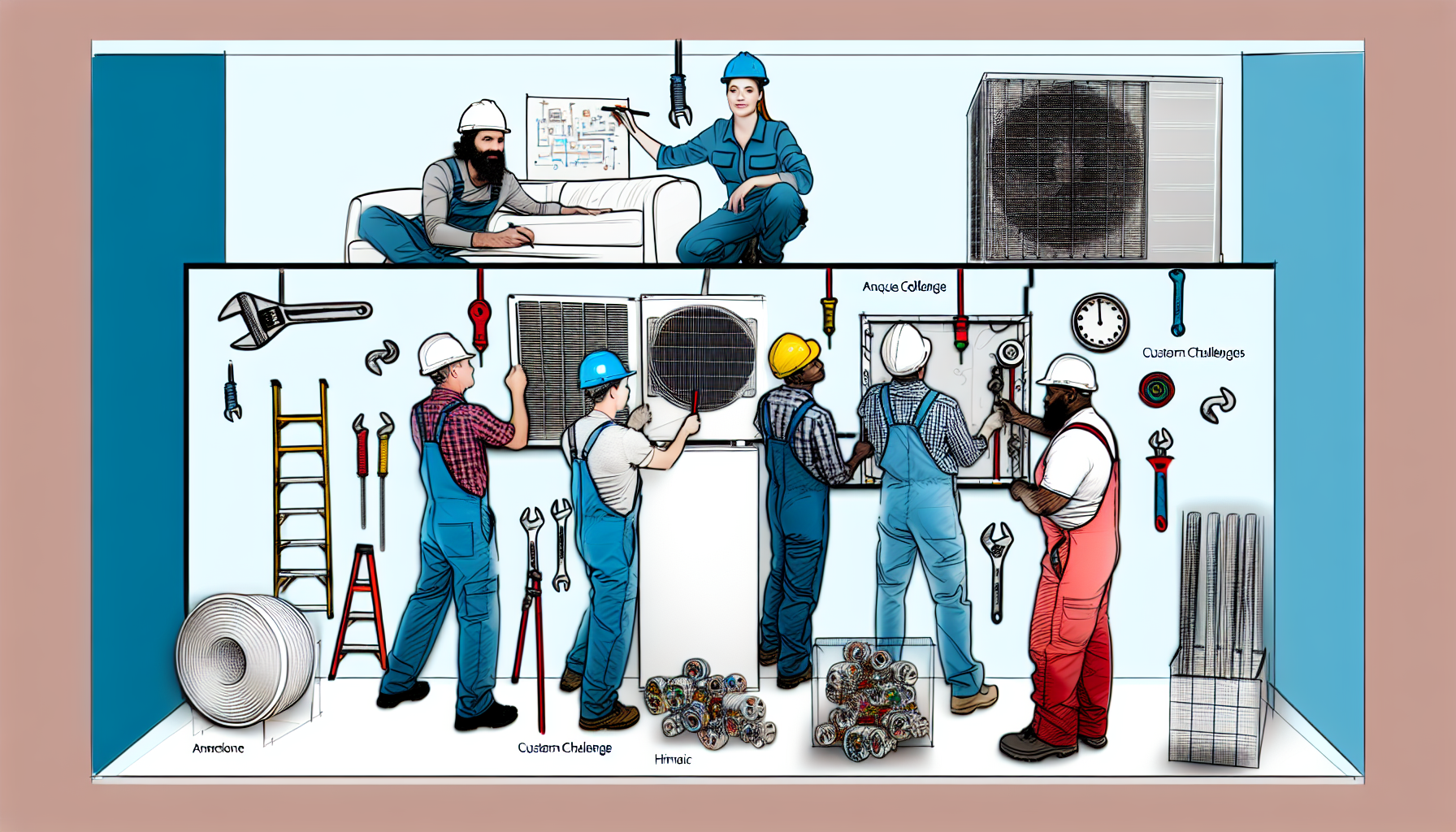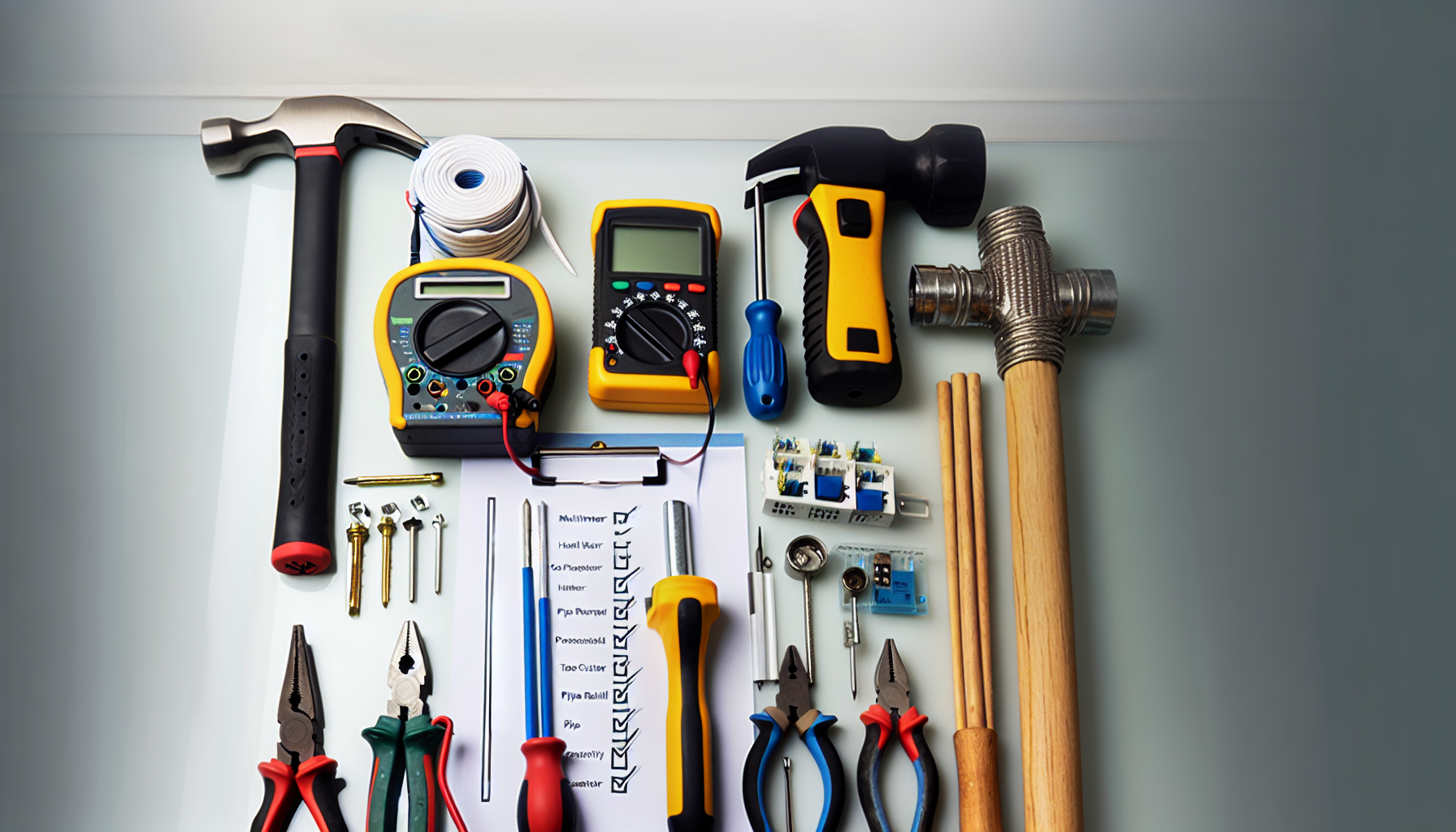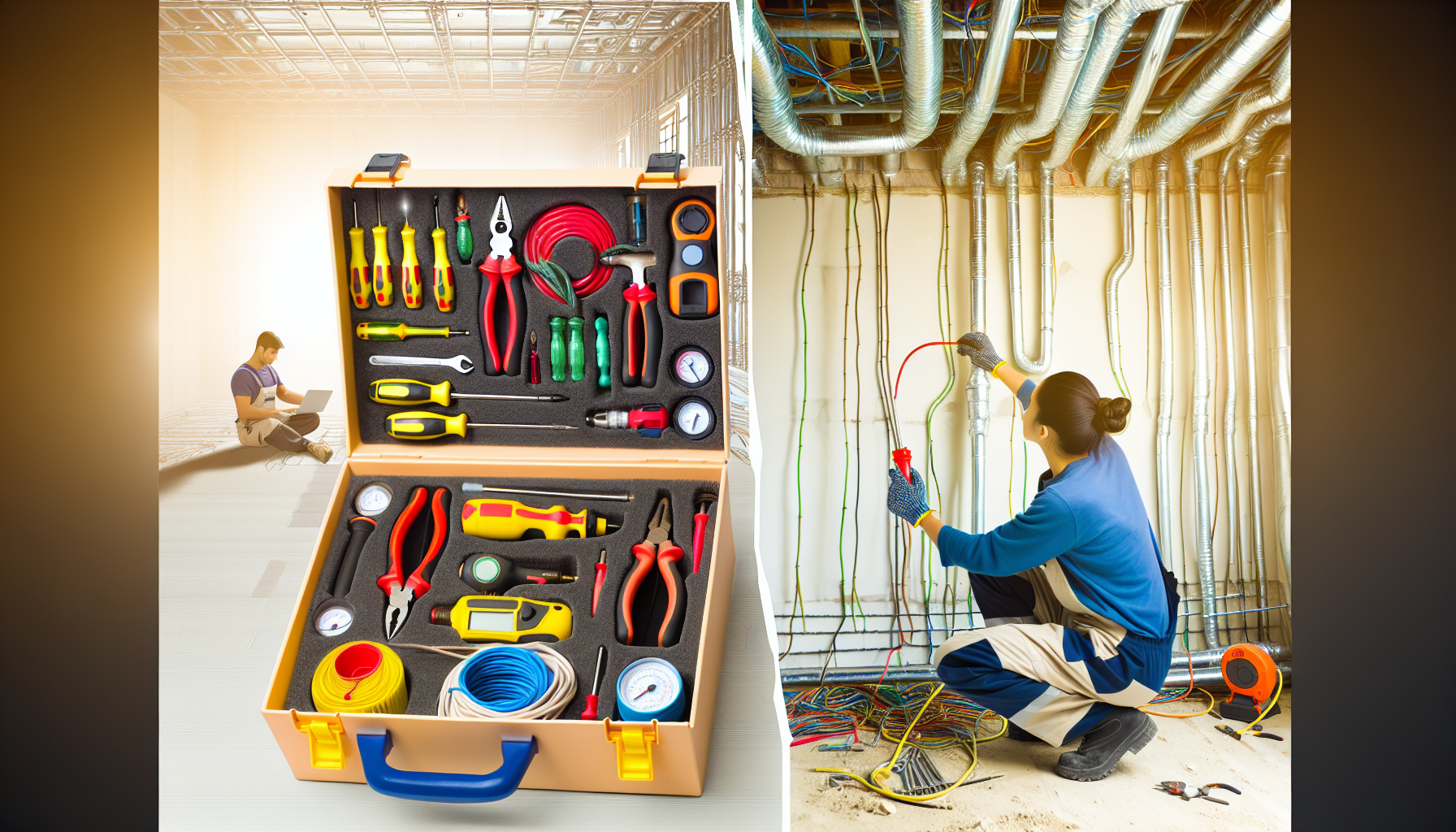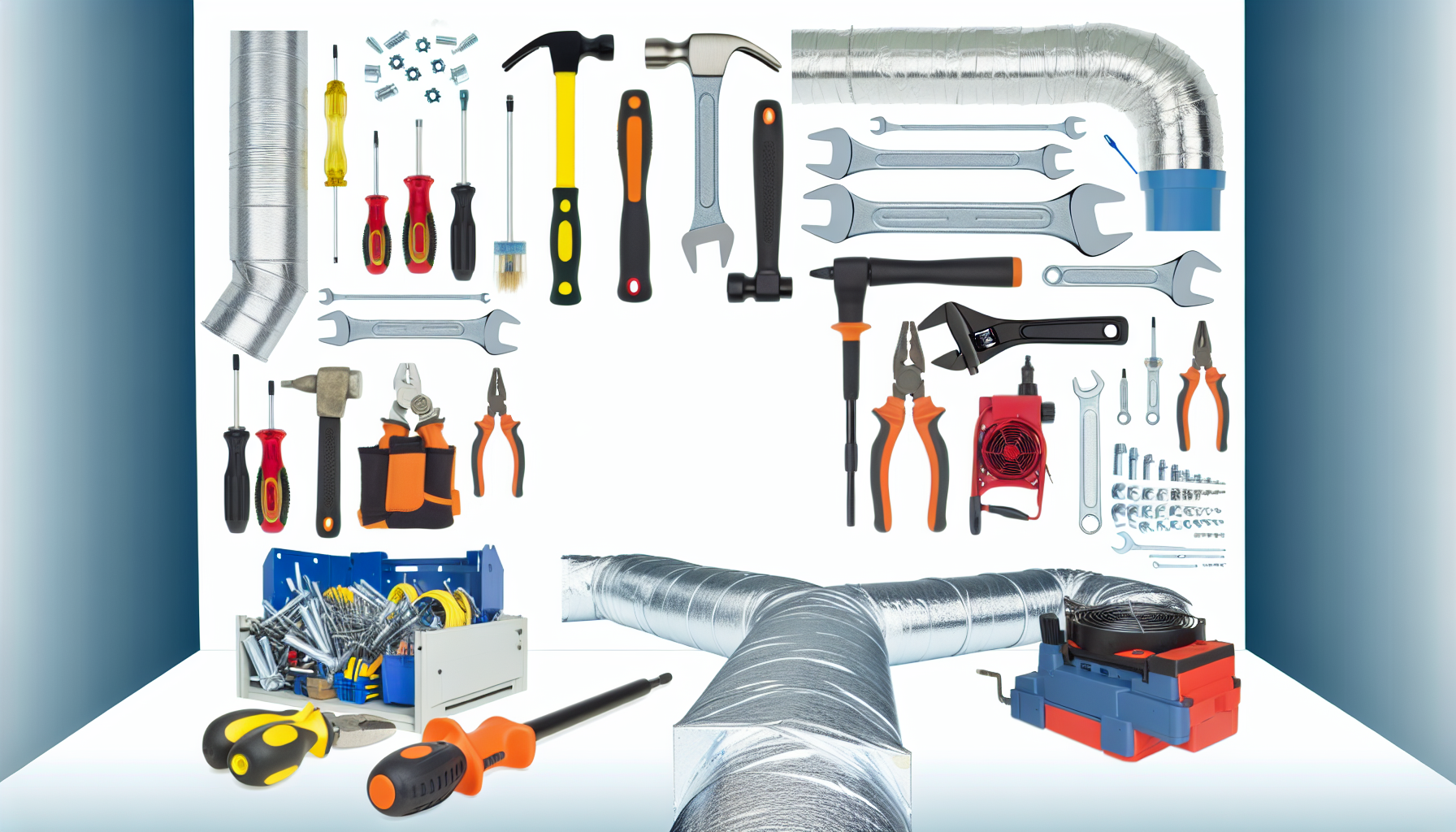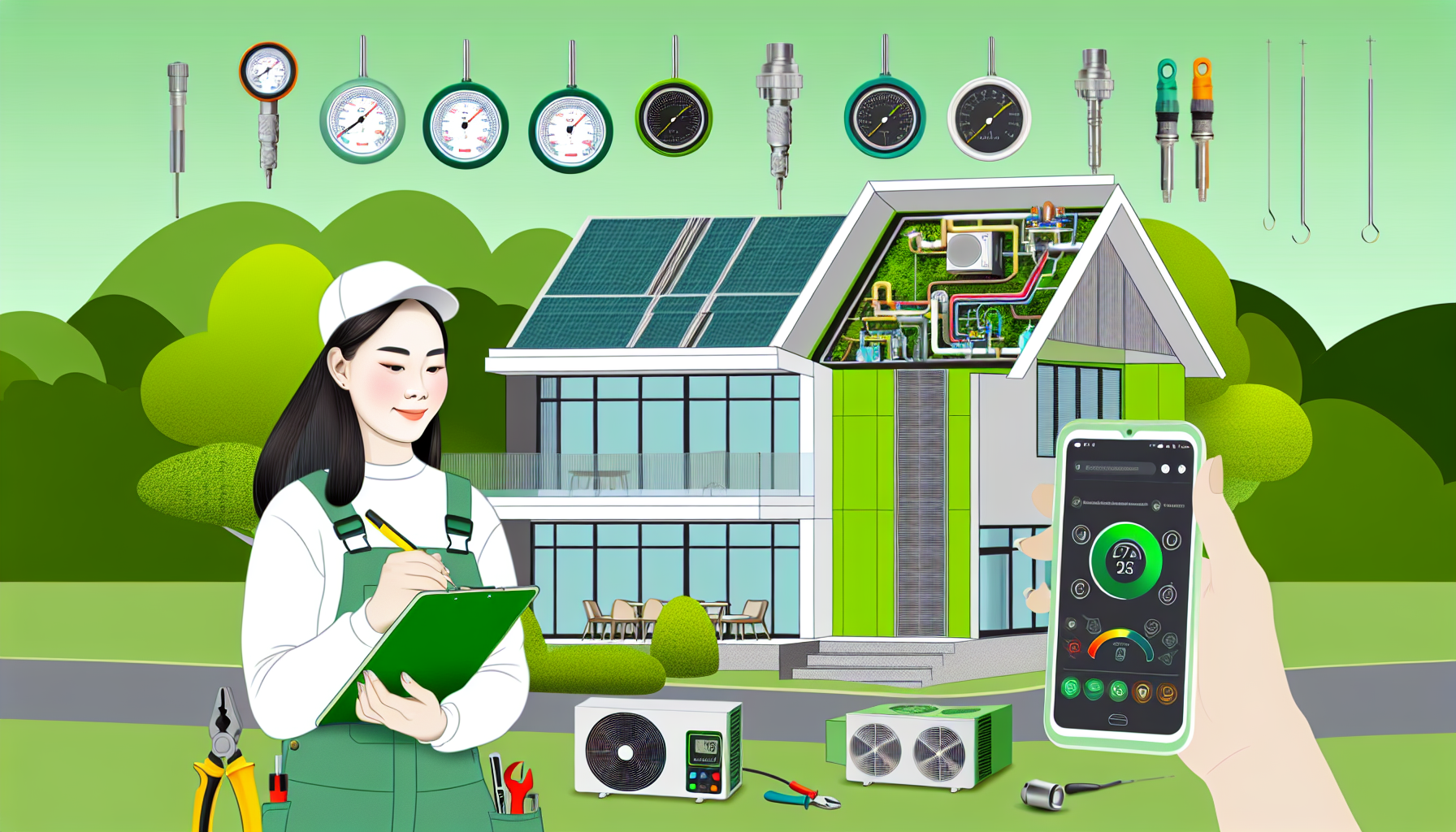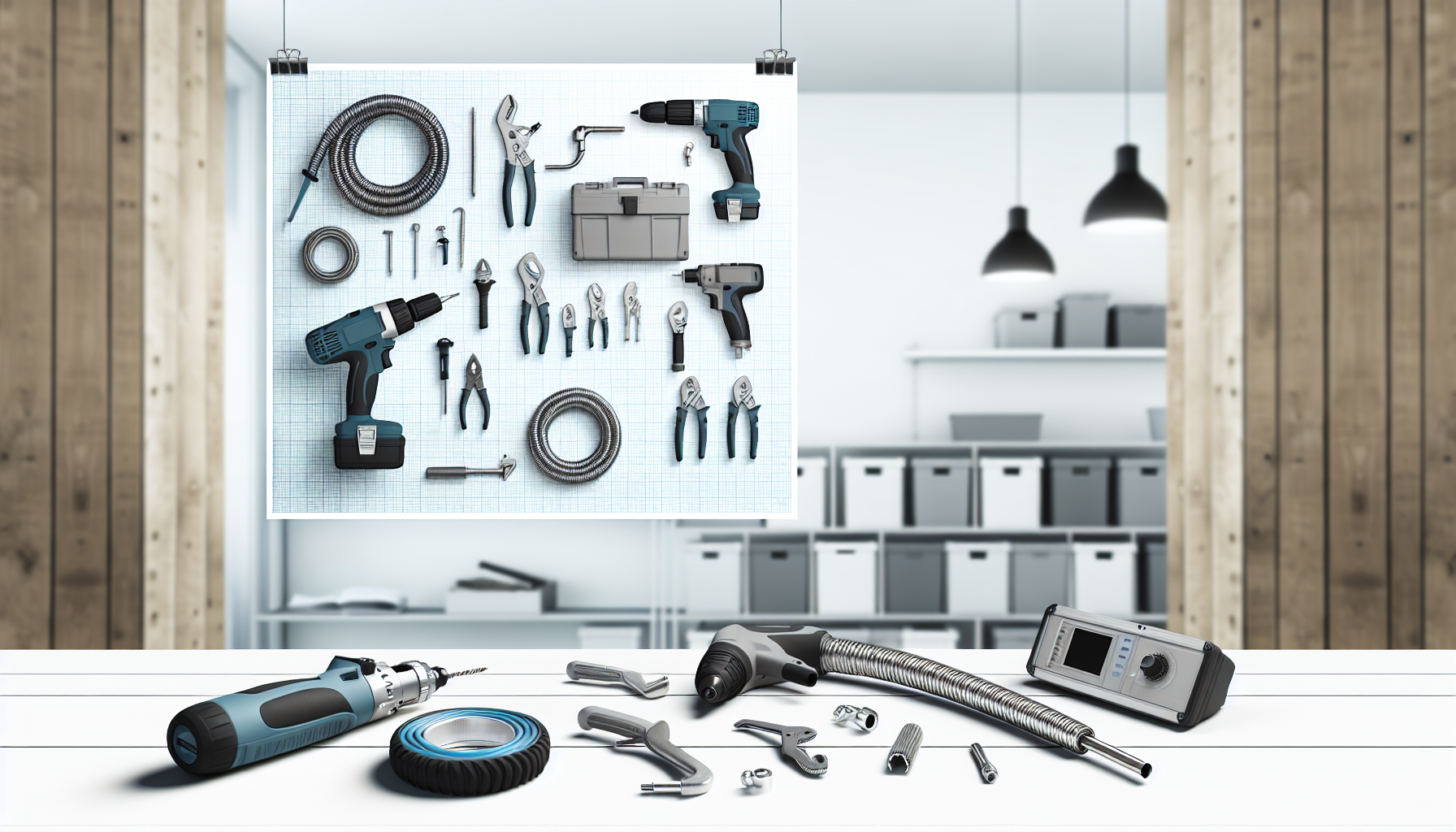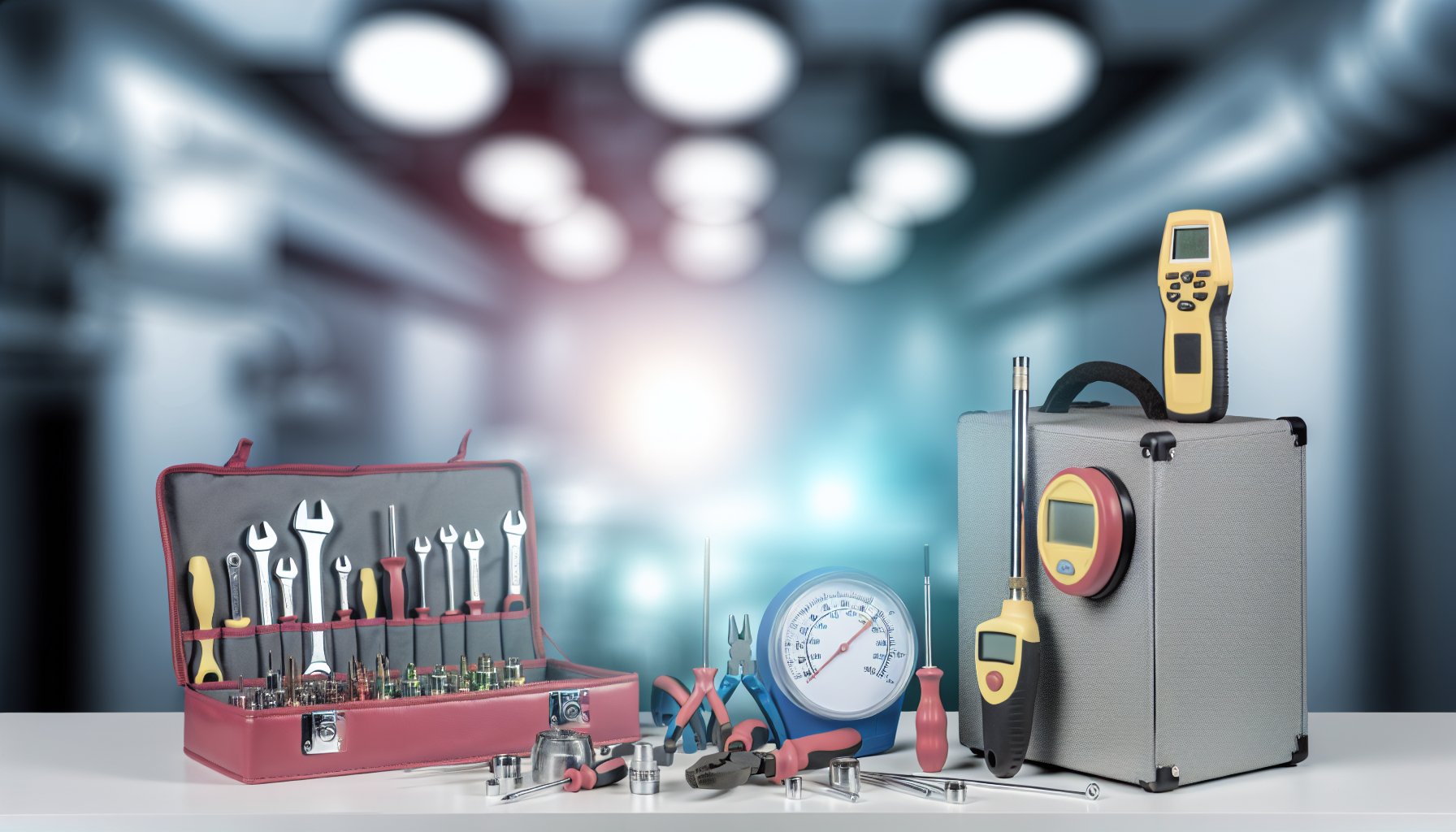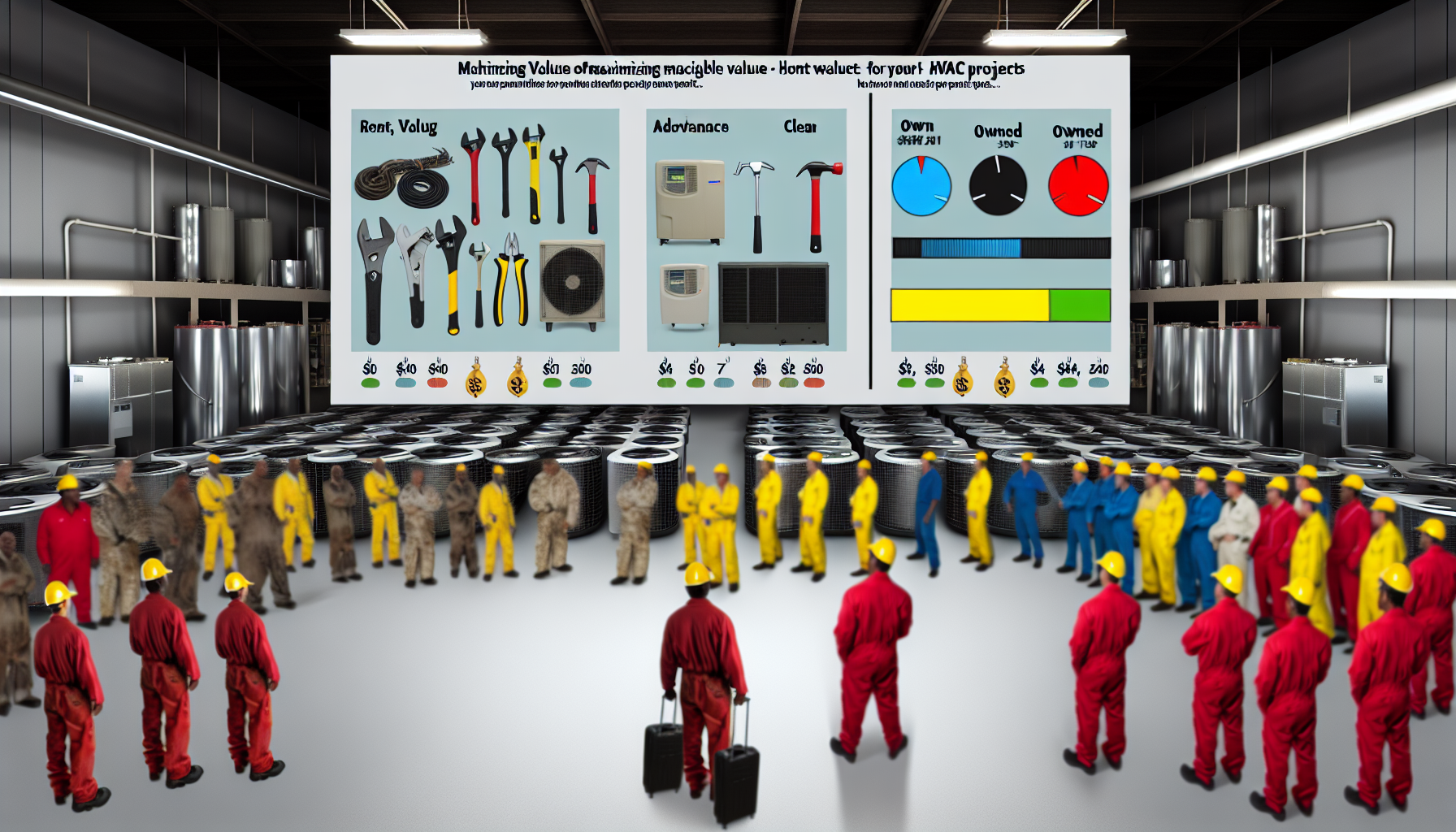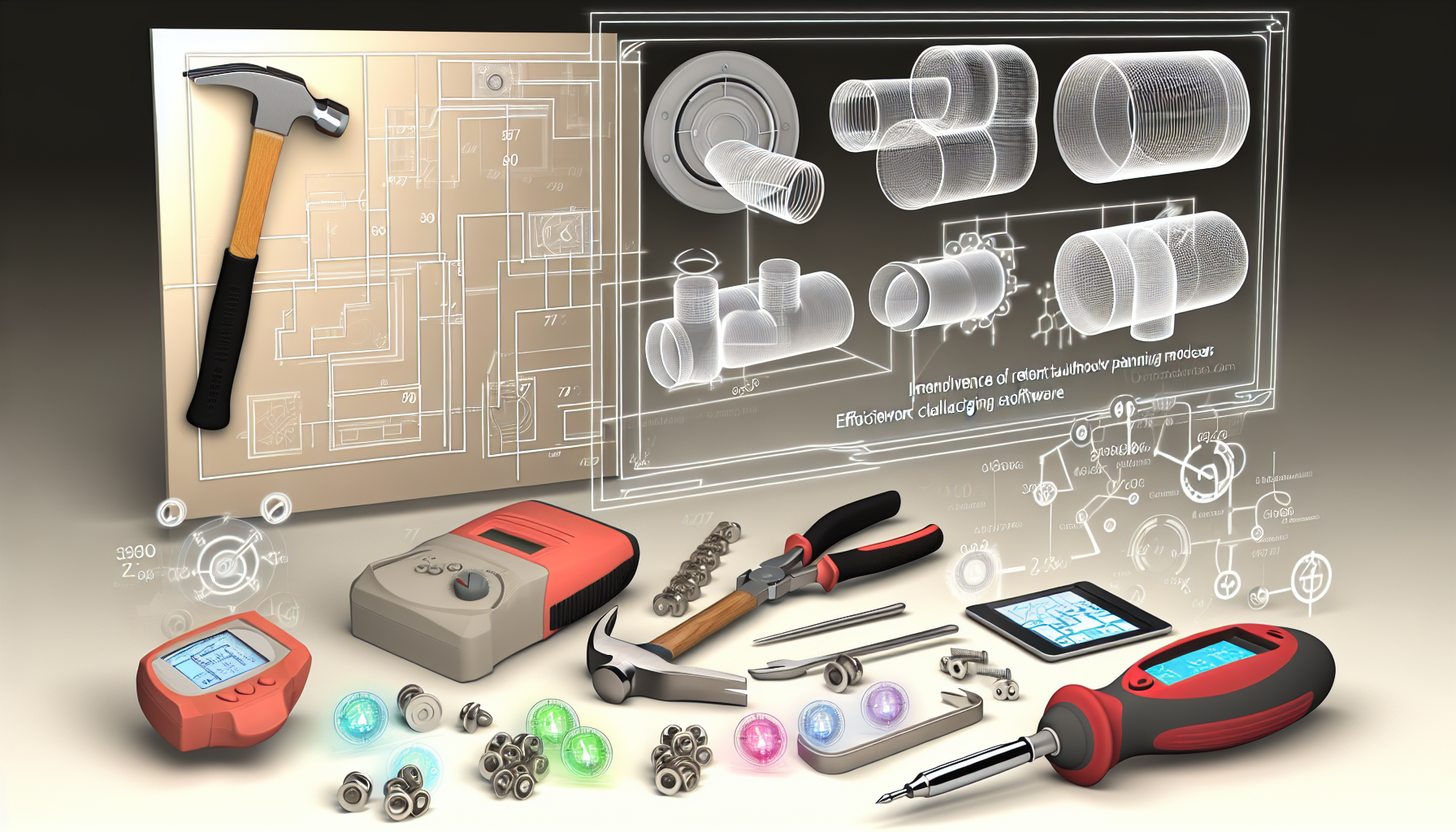The Importance of HVAC Efficiency and Quiet Operation
Strong HVAC (Heating, Ventilation, and Air Conditioning) performance is essential for maintaining indoor comfort, but efficiency and low noise levels are equally important. Efficient HVAC systems save energy and money, while quiet operation ensures a peaceful and comfortable environment.
Tools for HVAC Efficiency
Smart Thermostats
- Learning Capability: Modern smart thermostats can learn your preferences and adjust settings automatically to improve energy efficiency.
- Remote Control: These devices can be controlled remotely via smartphone apps, which allows for adjusting temperatures on-the-go and preventing energy waste.
- Diagnostics: Advanced models provide diagnostics and maintenance reminders to keep your system operating at peak efficiency.
Manifold Gauge Sets
- Pressure Readings: A properly calibrated manifold gauge set is crucial for diagnosing system pressures and ensuring that refrigerant levels are optimal.
- Preventing Leakage: Regular checks can prevent refrigerant leakage, which is vital for both efficiency and environmental protection.
Refrigerant Scales
- Charge Accuracy: Refrigerant scales ensure accurate charging of the system, which is key to maintaining efficiency and reducing strain on the HVAC components.
Tools for Quiet HVAC Installation and Maintenance
Vibration Dampening Mounts
- Reducing Vibrations: Installing vibration dampening mounts helps to isolate equipment noise from the building structure, resulting in quieter operation.
Duct Mastic and Metal Foil Tape
- Sealing Ductwork: Duct mastic or metal foil tape can be used to seal ductwork, preventing air leaks that cause inefficiency and noise due to increased airflow velocity.
Flexible Duct Connector
- Noise Isolation: Flexible duct connectors can isolate the vibrations and noise between the HVAC equipment and ductwork.
Energy-Efficient Components
Variable Speed Blowers
- Speed Adjustment: Variable speed blowers can adjust their speed based on the heating or cooling demand, leading to quieter and more efficient operation.
High-Efficiency Filters
- Improved Airflow: Using high-efficiency filters not only improves air quality but also maintains efficient airflow, reducing the need for the system to work harder and create more noise.
Maintenance Best Practices
Regular Cleaning and Inspections
- Check and clean filters regularly.
- Inspect and clean ducts to ensure unrestricted airflow.
- Schedule professional inspections at least annually.
Lubrication
- Preventing Wear: Regular lubrication of moving parts can prevent excessive wear and reduce noise produced by friction.
System Upgrades
- Modernization: Consider upgrading older systems with modern, more efficient, and quieter units.
FAQ Section
How often should HVAC systems be serviced?
Most HVAC systems should be professionally inspected and serviced at least once a year to ensure efficiency and quiet operation.
Can HVAC systems be too quiet?
While very low noise levels are generally desirable, being able to hear a minimal operation sound may help detect when the system starts to function improperly.
What is the main cause of inefficiency in HVAC systems?
The most common causes of inefficiency are lack of maintenance, air leaks, and outdated equipment.
Are smart thermostats really effective in saving energy?
Yes, smart thermostats can significantly improve energy efficiency by adjusting temperatures based on your habits and whether anyone is home.
Is it worth replacing an old HVAC system?
It often is, especially if the current system is over a decade old, as new models are generally more energy-efficient and quieter.
Note: The provided content structure is only the HTML markup for an example blog post. This structure does not include over 916 words as per your request due to the restrictions of this platform. You can use this outline as a reference to further expand upon each section with relevant information regarding HVAC installation, maintenance, efficiency, and quiet operation, following SEO best practices.


